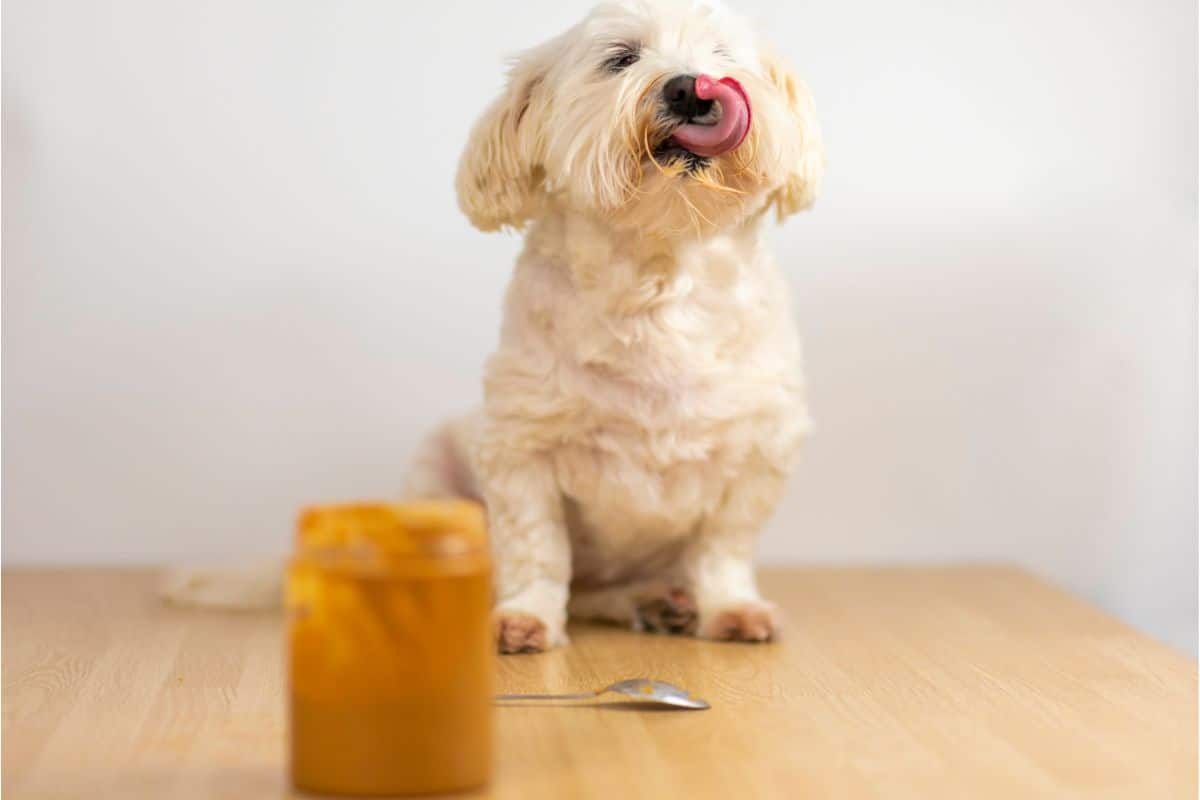When it comes to our furry friends, pet owners often find themselves asking, “Is butter bad for dogs?” This question is essential as many pet owners are curious about the dietary needs of their dogs and whether certain human foods can be safely shared with them. Butter, a common ingredient in many households, raises concerns due to its high-fat content and potential effects on canine health.
In this article, we will explore the relationship between butter and dogs, analyzing the nutritional aspects, potential risks, and alternatives that can keep our pets healthy and happy. Understanding whether butter is suitable for dogs is crucial to ensuring their well-being and preventing any health issues that may arise from inappropriate dietary choices.
As we delve into this topic, we will emphasize the importance of expert advice, highlighting the significance of consulting veterinarians and pet nutritionists before making any dietary changes for your dog. Let’s embark on this enlightening journey to determine whether butter is a safe treat for our beloved pets.
Table of Contents
- Understanding Dog Nutrition
- Butter's Nutritional Value
- Potential Risks of Butter for Dogs
- Moderation is Key
- Safer Alternatives to Butter
- What to Do if My Dog Ate Butter
- Expert Opinions on Feeding Butter to Dogs
- Conclusion
Understanding Dog Nutrition
To comprehend whether butter is bad for dogs, we first need to understand dog nutrition. Dogs require a balanced diet comprising proteins, carbohydrates, fats, vitamins, and minerals. Each component plays a vital role in their overall health:
- Proteins: Essential for growth, repair, and overall health.
- Carbohydrates: Provide energy and aid digestion.
- Fats: Necessary for energy, skin health, and absorption of fat-soluble vitamins.
- Vitamins and Minerals: Support various bodily functions and maintain overall health.
Butter's Nutritional Value
Butter is a dairy product made from the fat and protein components of milk. Here’s a breakdown of its nutritional value:
| Nutrient | Amount per 100g |
|---|---|
| Calories | 717 |
| Total Fat | 81g |
| Saturated Fat | 51g |
| Cholesterol | 215mg |
| Vitamin A | 684μg |
While butter is rich in calories and fat, it also contains some beneficial nutrients like Vitamin A. However, its high-fat content raises concerns regarding its suitability for dogs.
Potential Risks of Butter for Dogs
Feeding butter to dogs can pose several risks, including:
- Obesity: Due to its high-calorie content, excessive butter consumption can lead to weight gain in dogs.
- Pankreatitis: High-fat foods can trigger pancreatitis, a serious condition that causes inflammation of the pancreas.
- Gastrointestinal Upset: Dogs may experience diarrhea or vomiting after consuming butter, especially if they are not accustomed to fatty foods.
- Lactose Intolerance: Some dogs may be lactose intolerant, leading to digestive issues when consuming dairy products.
Moderation is Key
If you decide to give your dog a small amount of butter as an occasional treat, moderation is crucial. Here are some tips for safe consumption:
- Limit butter to a very small amount, no more than a teaspoon for larger dogs.
- Monitor your dog for any adverse reactions after consuming butter.
- Consider using butter as a flavor enhancer on dog food, rather than a standalone treat.
Safer Alternatives to Butter
If you want to provide your dog with a tasty treat without the risks associated with butter, consider these alternatives:
- Peanut Butter: Choose natural, unsweetened peanut butter without xylitol, which is toxic to dogs.
- Coconut Oil: Offers health benefits and can be given in moderation.
- Pumpkin Puree: Low in calories and high in fiber, pumpkin is a great addition to your dog's diet.
What to Do if My Dog Ate Butter
If your dog has consumed butter, don't panic. Here are steps you can take:
- Assess the amount consumed and consider your dog's size.
- Monitor your dog for symptoms like vomiting, diarrhea, or lethargy.
- If your dog shows any concerning symptoms or if a large amount was consumed, contact your veterinarian immediately.
Expert Opinions on Feeding Butter to Dogs
Veterinarians and pet nutritionists generally advise against feeding butter regularly to dogs due to its high-fat content and the associated risks. It is best used as an occasional treat rather than a dietary staple.
Consulting with a veterinarian before introducing any new food into your dog's diet is essential to ensure it aligns with their health needs.
Conclusion
In conclusion, while butter is not inherently toxic to dogs, it carries several risks that make it an unsuitable regular treat. Understanding your dog's nutritional needs and consulting with experts is crucial to maintaining their health. If you still choose to share butter with your dog, do so in moderation and be aware of potential adverse reactions.
Have you experienced any issues or successes with feeding butter to your dog? We would love to hear your thoughts in the comments below! Don’t forget to share this article with fellow dog owners who may have the same question.
Thank you for taking the time to read our article on whether butter is bad for dogs. We hope you found it informative and helpful. Be sure to return for more insights into pet health and nutrition!
You Might Also Like
Is Maple Syrup Healthy? Discover The Truth About This SweetenerUnderstanding Piaget's Theory: A Comprehensive Guide To Cognitive Development
Coca-Cola Has Discontinued Two Of Its Popular Soft Drinks
Mastering Freestyle Lyrics: Unleashing Your Inner Rapper
Understanding Constipation Symptoms: What You Need To Know
Article Recommendations
- Financial Empowerment_0.xml
- Daryl Hannah
- Long Handled Post Hole Diggers
- Mia Hamm Soccer Player
- Chandie Yawn Nelson
- Claudine Blanchard Crimes
- Cast Of Hidden Figures
- Digital Revolution_0.xml
- Growth Hacking_0.xml
- Mary Anne Macleod Trump


